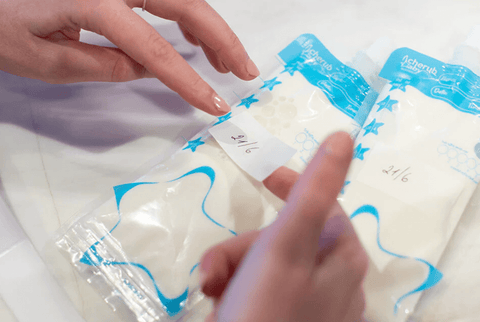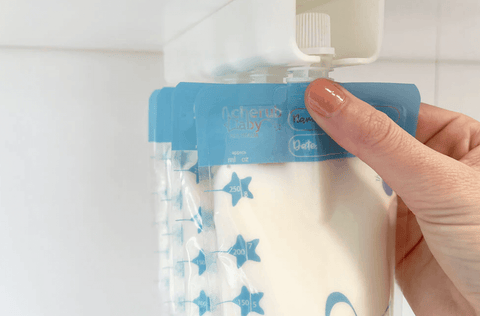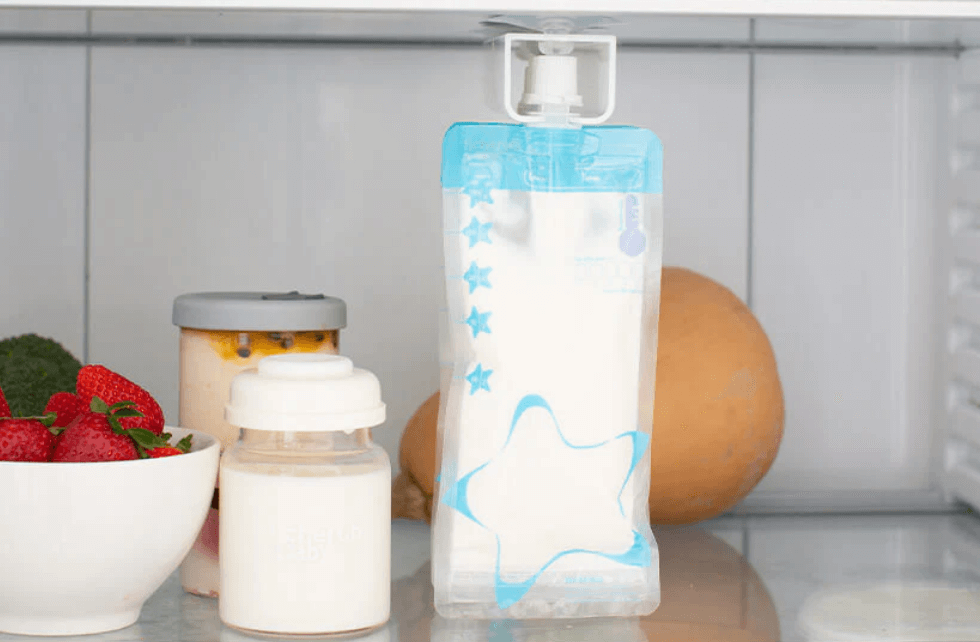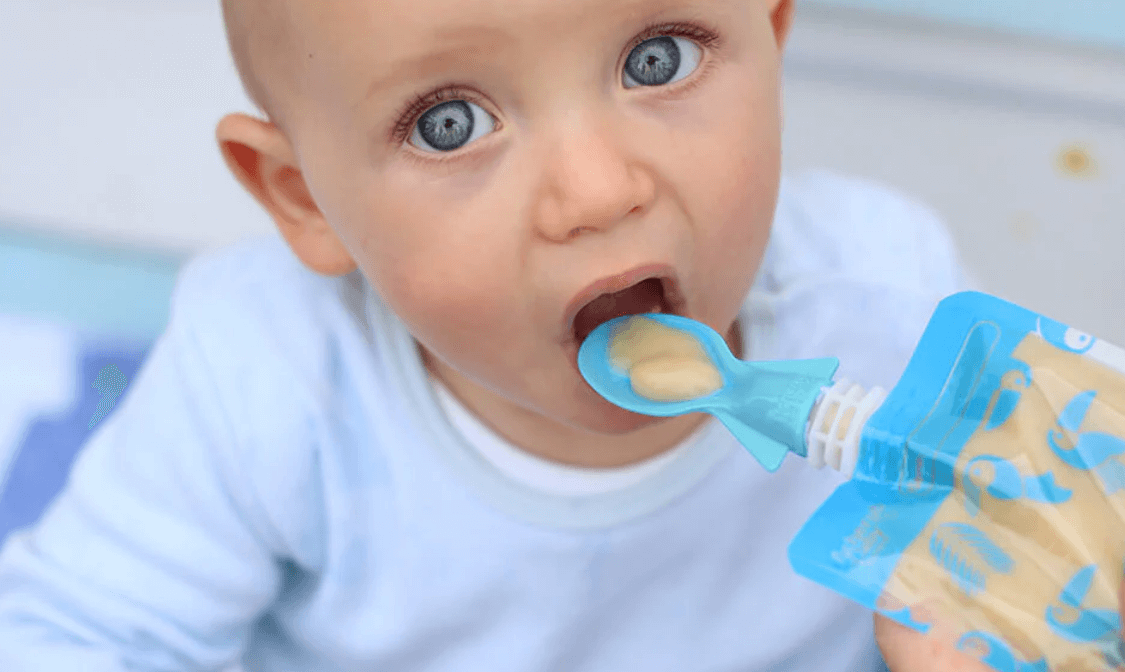Separating Fact from Fiction: Debunking Myths Surrounding Breastfeeding and Breast Milk Storage

As parents, we all want what's best for our little ones, especially when it comes to their nutrition. However, amidst the plethora of information available online, it's easy to feel overwhelmed and uncertain about the best approach to breastfeeding and breast milk storage. Let's debunk some common myths and clarify the facts to help you navigate this important journey.
Do Babies Naturally Know How to Breastfeed?
Fact: While newborns are born with a natural sucking reflex, successful breastfeeding is a skill that both baby and mother must learn and practice. It's normal for it to take some trial and error to achieve the optimal latch, ensuring a comfortable and effective feeding experience.
Most Mothers Can Produce Enough Breast Milk
Fact: The majority of mothers produce an ample supply of breast milk for their babies. If you're concerned about your milk production, feeding your baby more frequently can help stimulate production. Remember, if your baby is swallowing during feeds and producing an adequate number of wet and soiled diapers, they're likely receiving sufficient nourishment.
You Can't Breastfeed if the Size and Shape of Your Nipples Aren't Perfect
Myth: There is no one-size-fits-all when it comes to breastfeeding. Every woman and baby is unique, and with proper support and persistence, most mothers find breastfeeding becomes easier over time, regardless of nipple shape or size.
Breast Milk Is Superior for Baby's Weight and IQ
Myth: While breast milk does offer unique benefits, such as antibodies that protect against infections, the notion that it significantly impacts a baby's weight or intelligence has been overstated. Rest assured, formula feeding can also provide adequate nutrition for your baby's growth and development.
Breast Milk Shouldn't Be Frozen
Myth: Freshly expressed breast milk can be safely stored in breast milk storage bags or bottles and frozen for future use, making it a convenient option for working parents or caregivers.
Breastfeeding Always Hurts
Myth: While some tenderness may occur initially, breastfeeding should not be painful if the baby is latching correctly. If you're experiencing persistent discomfort, seek guidance from a healthcare professional.
Breast Size Doesn't Affect Milk Production
Fact: Breast size is determined by fatty tissue, not milk production capacity. Regardless of breast size, frequent and responsive breastfeeding cues from your baby will stimulate milk production to meet their needs.
You Don't Need to Wait for Your Breasts to Fill Up with Milk
Fact: Breast milk is produced continuously, and there's no need to wait for your breasts to "fill up" before feeding your baby. Trust your baby's cues for hunger and feed on demand.
It's Difficult to Determine How Much Breast Milk Your Baby Is Getting
Myth: While it's challenging to measure the exact amount of breast milk consumed, frequent breastfeeding sessions, adequate diaper output, and steady weight gain are positive indicators that your baby is receiving enough nourishment.
Breastfeeding Causes Sagging
Myth: Contrary to popular belief, breastfeeding itself does not cause breast sagging. Changes in breast size and shape are more commonly associated with pregnancy, body mass index, and other factors unrelated to breastfeeding.
In Conclusion
Navigating the world of breastfeeding as a new parent can feel daunting, but remember, you're not alone. Embrace the journey with confidence, knowing that every breastfeeding experience is unique. Seek support from healthcare professionals and fellow parents, and trust your instincts as you nurture and nourish your little one.
As you embark on this beautiful journey of motherhood, cherish the moments spent bonding with your baby through breastfeeding. And remember, the most important thing is to prioritize your well-being and the special connection you share with your little one.





